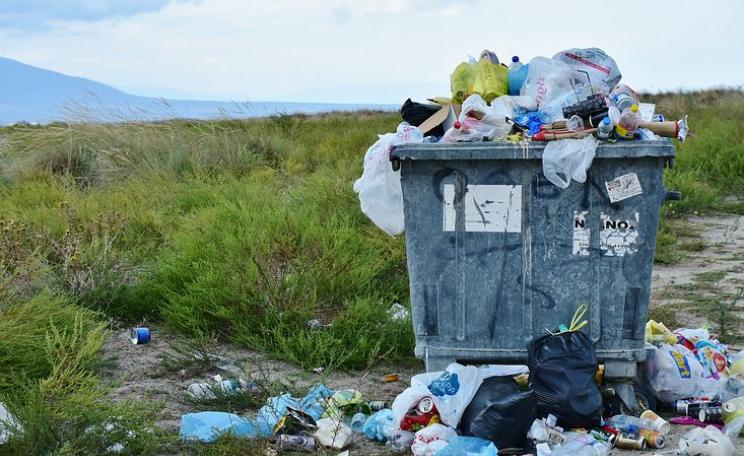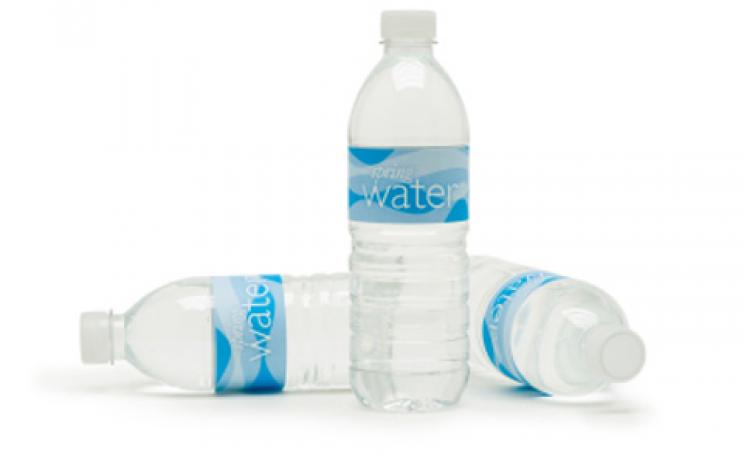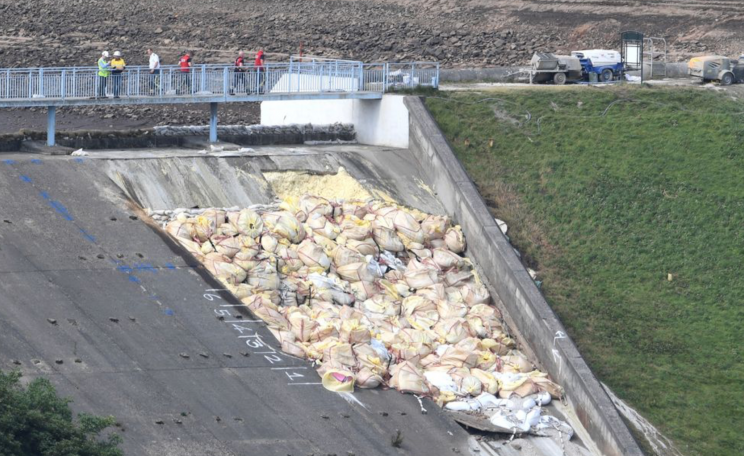Probably my most shocking discovery was finding out that even tea bags contain small amounts of plastic.
The image of a bird, it’s stomach lined with bottle tops and a cigarette lighter, will stay with me forever. Much like the plastic the poor bird at consumed - mistaking it for food, it’s not something that’s easily digested.
That was my awakening to impact plastic is having on our environment. Many people had a similar experience this month when the final episode of the BBC series Blue Planet II aired and revealed how plastic bags and bottles swirl around our oceans, trapping or being eaten by unsuspecting marine wildlife, making the milk of mother dolphins toxic.
Completely tea-free
Just as Blue Planet has inspired many people to look at how they can reduce their own plastic footprint, there will be many for whom the thought that there are 6.3 billion tonnes of plastic clogging up our ecosystem is utterly demoralising.
I wanted to understand just how pervasive plastic is and what it’d be like to try and rid it from our lives. Theoretically it didn’t seem like an impossibility. Plastic was invented in 1907 and only really took off in the 1960s. It’s a human-made substance - using it is a choice and we coped without it. So, I tried going plastic free for a week. This is what I learned.
Once I had started trying to live free from plastic I truly appreciated the scale to which our lives are built around the substance. Probably my most shocking discovery was finding out that even tea bags contain small amounts of plastic. Anyone who knows me will appreciate how hard it would be for me to live completely tea-free for longer than twenty-four hours.
Make-up was almost impossible to find without plastic. Nearly every kind of make-up you buy is contained within a plastic box or holder.
Other things were less shocking. When it came to meals I had to buy everything fresh, locally and at delis to avoid the usual plastic wrapping and labels that come with your sandwiches, crisps, and snacks. It was almost impossible to buy cards. I realised how badly we need far more water fountains in public spaces.
Large corporations
At the start of the week I was thinking about the life of the plastic I have used in the past. The thought that every single plastic toothbrush I have ever bought and disposed of is still out there is a frightening one. It takes around 450 years for a plastic bottle to decompose, 50 years for a plastic cup.
Probably my most shocking discovery was finding out that even tea bags contain small amounts of plastic.
But by the end of the week my attention had switched to the future. In films people often talk about how amazing it’d be to go back in time and change what has happened. But they forget that we are in our future’s past right now - we can change the future if we want to.
And having lived plastic free for a week I feel I have some insights as to what needs to happen. First, we need a holistic approach. Reducing plastic and waste will only be achieved through a strategy devised and implemented by government and industry.
We need to design out waste from the very start of the consumer chain. That means ending the production of single-use plastics while providing the infrastructure necessary to enable large corporations and individuals to recycle close to 100 percent of the items they use.
Second, we need to invest in alternatives to plastic. There is a slowly rising network of zero-waste shops across the UK and companies like Splosh and Lush create products designed to have a limited or no impact on the environment. Through government investment, grants, and rewards we can upscale the use of these products so that they are available to everyone and every business.
Moral indignation
Third, we need to discourage bad behaviour. Companies operate within a system of rules and laws that are created by government. Government can change behaviour by changing the law.
The tax on plastic bags has already brought enormous benefits: since the tax was introduced in England, the use of plastic bags has reduced 85%. That same model should be applied to plastic bottles, single use plastics, and microplastics.
Lastly, we need a new narrative about plastic. Yes, there are things that every individual can do to reduce how much plastic they use but it cannot be done alone. Anyone who tries to - as I discovered - will find themselves shouting into the wind.
For families who are poor - both in time and money - it just isn’t practicable to spend hours shopping round for plastic free items which, because of the limited size of their market, are often more expensive than mass-produced plastic-laden goods.
If the moral indignation that people felt watching Blue Planet can be sustained its energy must be directed at the government and major corporations who have the power to really change the ecosystem we live and work in.
Change will come. The zeitgeist has caught people’s imaginations and millions of people will no longer look at a plastic bottle or bag in the same way ever again.
My own plastic free week taught me an awful lot and I will continue to practice the lessons I learned while using my insights to challenge the government and push them to take action. And for anyone considering going plastic free: do it. You will learn so much and you will be amazed at the changes you can make in only a short space of time.
This Author
Amelia Womack is the deputy leader of the Green Party, she tweets at @Amelia_Womack.







